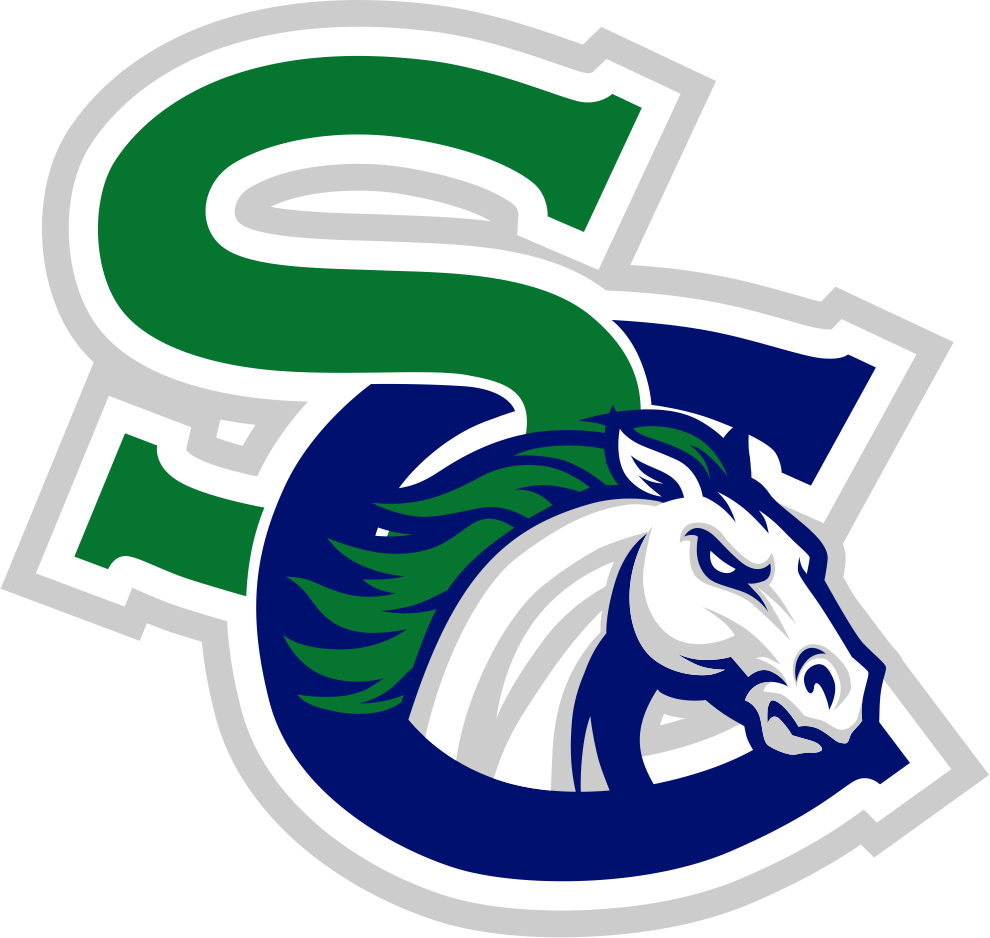Honor Code
The code, the infractions, consequences of infractions
Statement of Purpose
The South County Honor Code is based on and reflects the fundamental beliefs that:
- Every student has the right to learn in an academic environment free from any form of scholastic dishonesty;
- Honesty and integrity of all members of the school community are crucial in sustaining academic excellence.
The functions of the South County Honor Code are to:
- Communicate the meeting and importance of scholastic honesty to all members of the school community
- Explain and support the highest standards of conduct in academic and co-curricular affairs; and
- Educate, identify, and sanction those who do not follow these standards.
The Honor Council is the faculty panel charged with supporting the Honor Code should a student appeal the decision made by the South County High School administration.
Infractions
Fairfax County Public Schools Student Rights & Responsibilities states that honorable school citizens take credit only for work that is their own. Deliberately copying or using the work of others is considered cheating, plagiarism, or forgery under the discipline violation of scholastic dishonesty. Students are also prohibited from sharing work or discussing assessments with others.
The following list defines and provides examples of Honor Code infractions. All attempts will be considered infractions.
Prohibited Use of Technology
Students may not access unauthorized electronic devices during assessment situations. If an unauthorized device is seen or heard at any time (including breaks) it may be confiscated and considered an Honor Code infraction. This policy applies to, but is not limited to: phones, tablets, smart watches, airpods, calculators, portable internet devices, use of artificial intelligence (AI), and cameras.
Cheating
Cheating is the giving or receiving unauthorized assistance or unfair advantage on any form of academic work. Such acts include, but are not limited to:
|
|
Plagiarism
Plagiarism is the copying of the language, structure, programming, computer code, ideas, and/or thoughts of another person and passing it off as one’s original work. Such acts include, but are not limited to:
- Submitting as one’s own work an essay or project (in whole or in part) authored by another person or assistive technology
- Failing to use proper documentation (works cited, bibliography, parenthetical citations, etc)
Generative AI
By submitting work for evaluation, you represent it as your own intellectual product. You may not submit for evaluation any content (e.g., ideas, text, code, images) that was generated, in whole or in part, by Artificial Intelligence (AI) unless the teacher has explicitly granted permission to do so.
If you include content (e.g., ideas, text, code, images) generated, in whole or in part, by AI tools in work submitted for evaluation, you must document and credit your source. Remember that the material generated by AI tools may be inaccurate, incomplete, or otherwise problematic. You remain responsible for the content you submit.
Misrepresentation / Lying
Misrepresentation is any verbal or written untruth. Such acts include, but are not limited to:
- Fraudulent or unauthorized addition, deletion, or manipulation of information on academic work;
- Forging signatures or tampering with official records; and
- Lying or failing to give complete information to school officials.
Stealing
Stealing is the unauthorized taking of another individual’s materials. Such acts include, but are not limited to:
- Stealing copies of tests, quizzes, answer keys, or other teacher materials; and
- Stealing another student’s schoolwork, notes, handouts, electronic storage devices, or other academic materials.
Honor Code Infractions – Warning and Referrals
Staff members who suspect a student of committing an honor code infraction will privately discuss the matter with the student, contact their parents/guardians, and give a warning or submit a discipline referral as appropriate.
First Honor Code Violation Consequences:
- Teacher will notify the student’s parents/guardians and include the student’s administrator in the communication and submit a discipline referral for scholastic dishonesty.
- The violation will be recorded in the student’s discipline record.
- Student will receive a 0% and be allowed to re-do an equivalent version of the assignment
- Student may be recommended for suspension from class/SGA office, editorship, or other academic positions for 90 calendar days from the date of violation processing.
- First offense violations may affect a student’s eligibility for future acceptance into honor societies, class/SGA office, editorship, and/or other academic leadership positions.
Second and Subsequent Referral Consequences:
In addition to all first offense consequences,
- Student receives a 0% with no opportunity to retake.
- The administrator will communicate with the student and parents/guardians
- Student will be recommended for dismissal from any honor societies, class/SGA office, editorship, and/or other academic leadership positions.
- Student will be ineligible for all honor societies, editorships, academic leadership positions, and class/SGA offices for the remainder of that academic year.
- Subsequent offenses could result in progressive disciplinary action.
Appeals
Within five school days of meeting with the teacher, the student may attach a written statement to a warning or referral document and submit it to the principal. The principal will hear the student’s case, and then render a written decision. Questions concerning an infraction or Honor Code decision should be directed to the student’s administrator.
Honor code infractions are cumulative; they do not reset at the beginning of each school year. Information regarding honor code infractions will be released to honor society sponsors upon request.
Updated 7/15/2024

